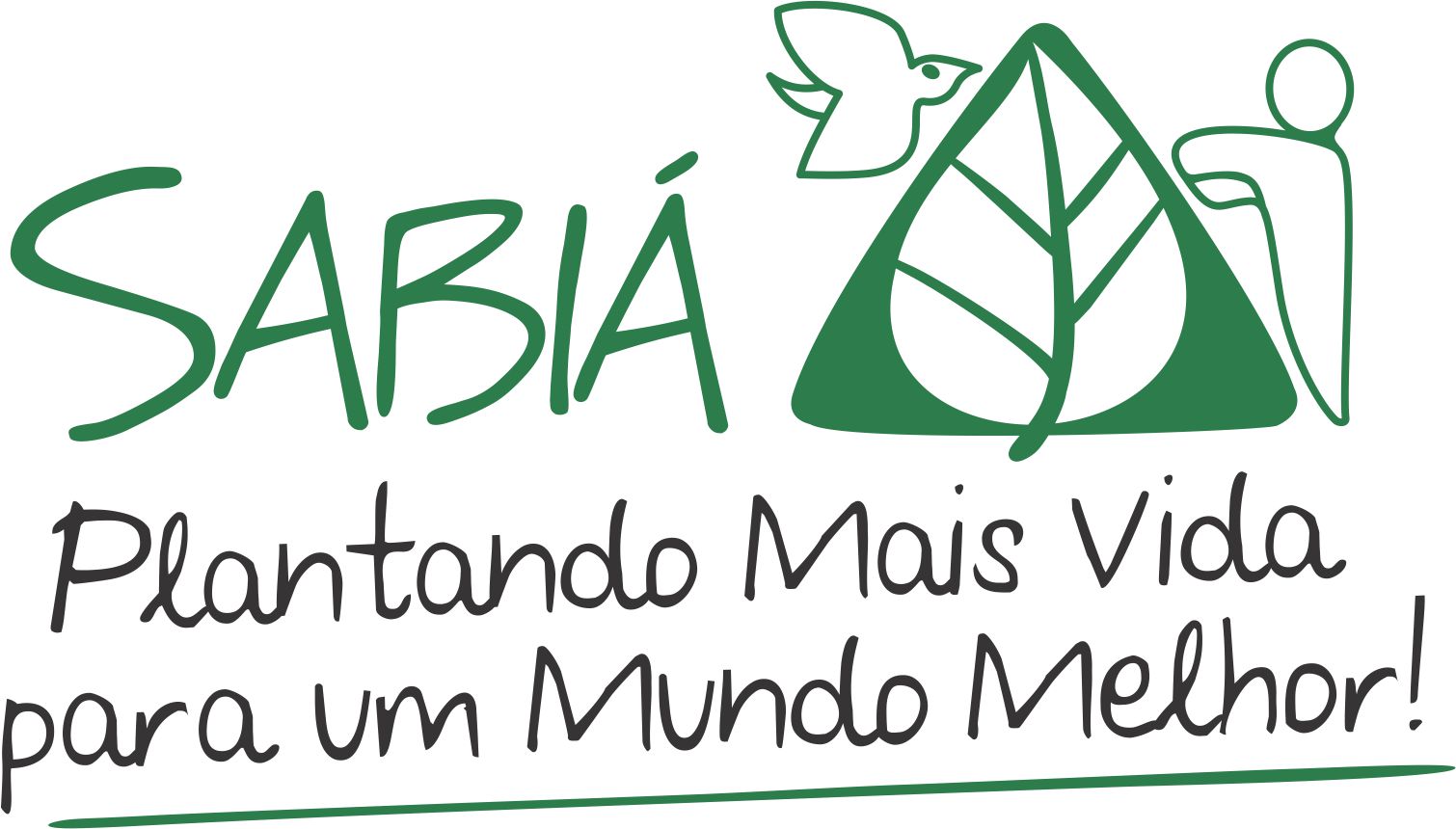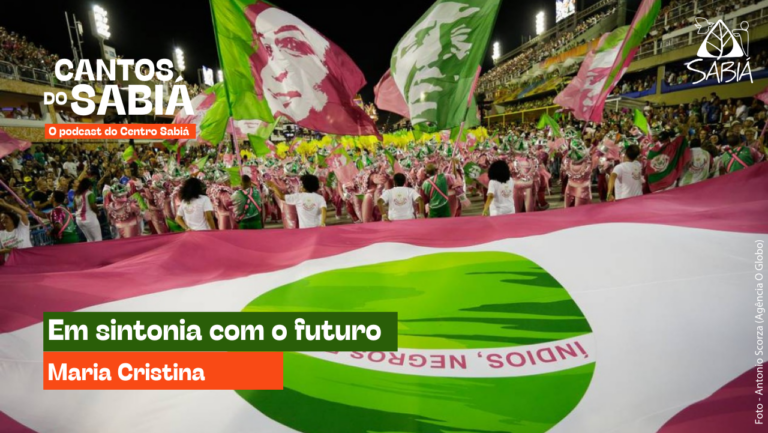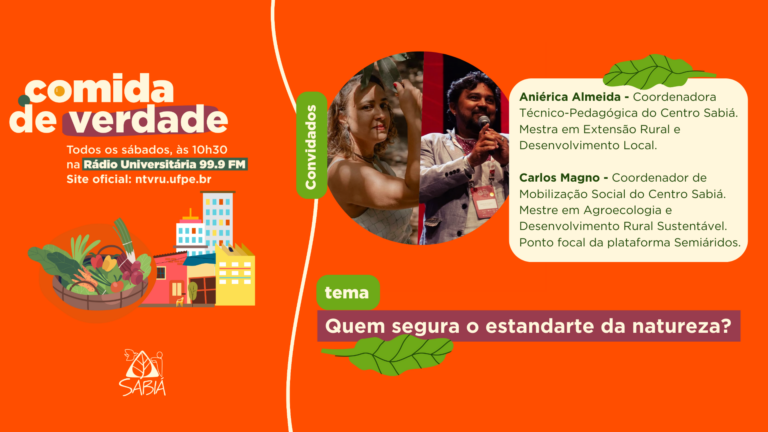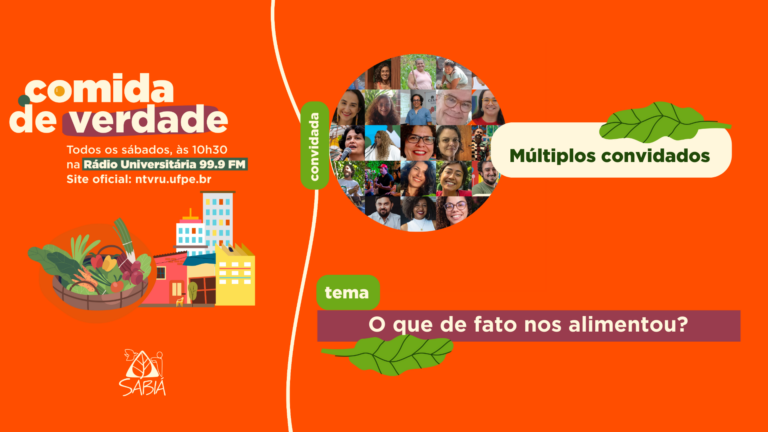Urban Agriculture
The relationships between mapping and the struggles to be able to cultivate, plant and harvest in cities
Aniérica Almeida, Juliana Torquato, Nathalia Messina and Simone Miranda – National Urban Agriculture Collective (ANA)
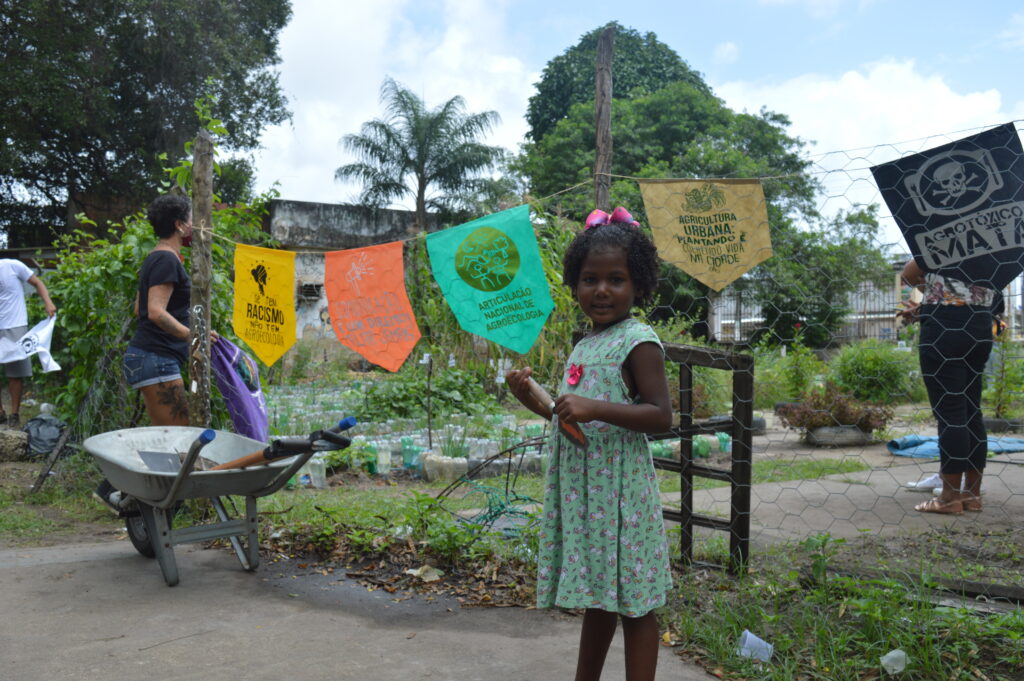
Urban agriculture is not a static concept. The diversity of contexts, territorialities, production systems, functions and subjects involved, demand a dynamic conception that cannot fail to consider social and structural issues such as access to land and the struggle for rights in the city. Therefore, the call to look at urban agriculture .
In Brazil, several mappings were carried out locally with multiple objectives: to know who the urban farmers are, where they cultivate, what they cultivate, why, what is the destination of these productions, among other information such as production and access to inputs (eg. .: composting) and natural resources (such as land, water and seeds). But, above all, the mappings have meant a tool of political struggle for many groups and social movements, giving visibility to urban agriculture existing in different spaces and scales, its subjects and the diversity of its scope and challenges.
One of the topics on the agenda at the CNAU¹ is the need to carry out a national mapping that articulates information already produced in local mappings. In 2007, a study was carried out on urban agriculture in Brazil, which gave rise to the publication “Panorama of Urban and Periurban Agriculture”. The study identified initiatives in 11 metropolitan regions and contributed guidelines for the elaboration of a National Policy on Urban Agriculture, which is still being processed by the National Congress. In the last 5 years, mapping of Urban Agriculture (AU) has been carried out in cities such as Belo Horizonte, Florianópolis, São Paulo, Recife, Brasília, Niterói, among others, which give visibility to the different typologies of existing experiences, such as backyards, community gardens , school gardens, family farming initiatives, production and supply networks in the periphery and quilombos. These mappings have contributed to show the contributions of the AU in the fight against the increase in hunger, the hegemonic ways of planning and occupying spaces and land in the city.
The need for public policies for Urban Agriculture is a more than urgent demand! AU can guarantee access to healthy food in times of risks, threats and uncertainties, as has been evidenced in the context of the Covid-19 pandemic. It also contributes to the construction of sustainable food systems in cities, being an important way of accessing the human right to adequate food and promoting food and nutritional security.
¹National Urban Agriculture Collective of the National Agroecology Articulation.
Nothing found.

